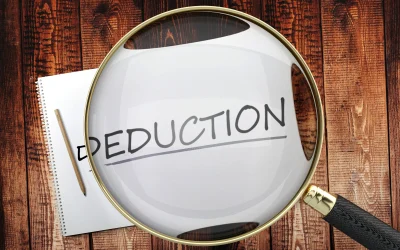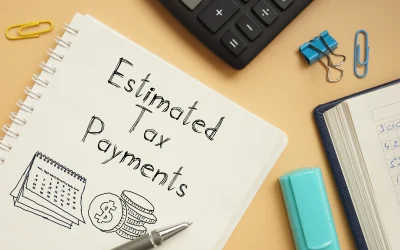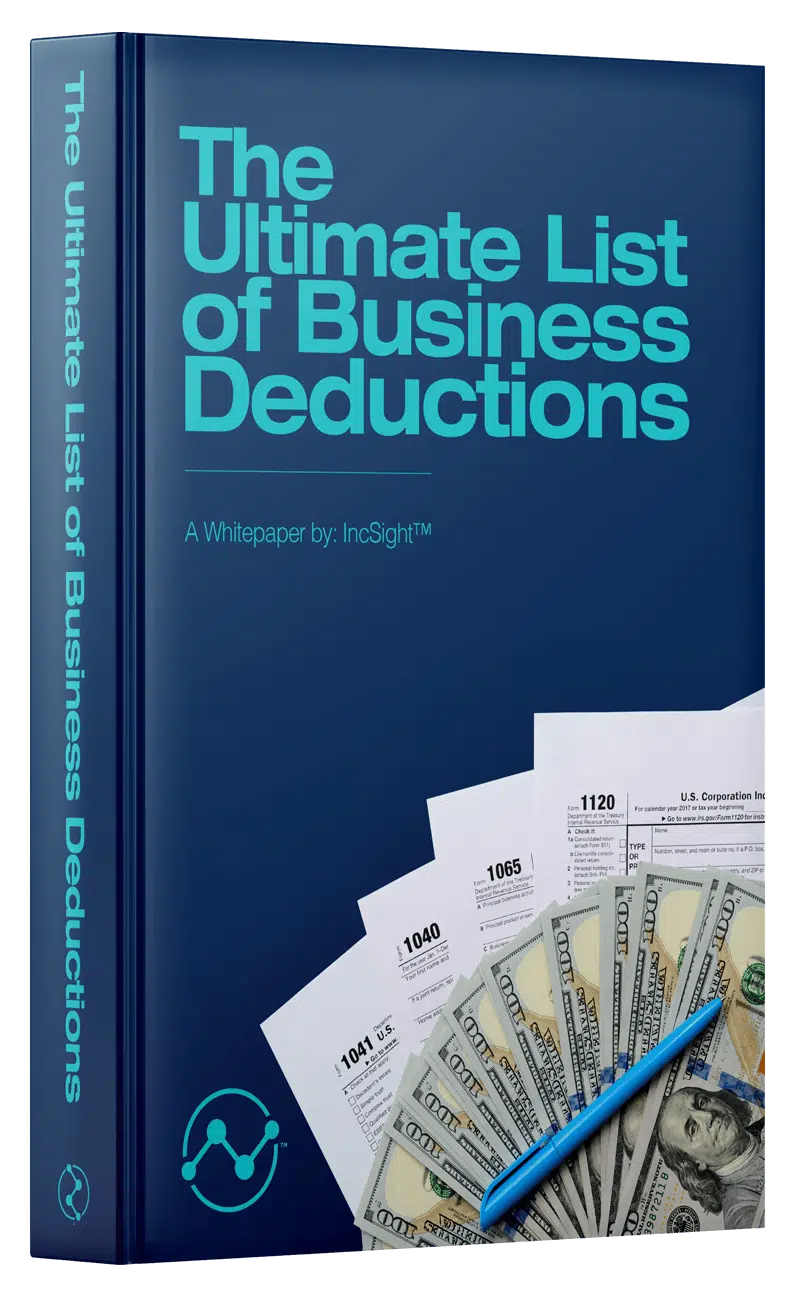Before you know it 12/31/21 will be gone and we will be onto 2022. One thing we talk about often is that once the clocks turns to 1/1 a vast majority of tax strategies are no longer available.
Today we are going to go through some of the top strategies you want to be thinking about before year-end.
High Level Quick Hit Year-End Items
Many of these items we have been talking about in episodes leading up to this one or in a future episode before year-end. These include:
- S Corporation Items
- Reasonable Salary: As an S Corp you are required to take a reasonable salary (W2 Payroll). Be sure that you have ran a reasonable salary before year-end. Here is an article on reasonable salaries.
- Self-Employed Health Insurance: If you are operating as an S Corp any health insurance that you pay for yourself you need to include on W2. You get an expense on the business tax return, but then you include it as income on your W2, and then you get the final deduction for it on your personal tax return. Make sure you contact your payroll provider before year-end to ensure that is setup correctly. Here is an article on that.
- Make Charitable Contributions
- Hire Your Kids
- Finalize Accountable Plan Reimbursements
- Maximize Your Business Deductions
- Complete Health Reimbursement Arrangement (HRA) – Section 105 or QSEHRA/ICHRA
- Establish and/or Fund Your Retirement Plan
Prepay Expenses Using the IRS Safe Harbor
IRS regulations contain a safe-harbor rule that allows cash-basis taxpayers to prepay and deduct qualifying expenses up to 12 months in advance without challenge, adjustment, or change by the IRS.
- Under this safe harbor, your 2021 prepayments cannot go into 2023. You are allowed to prepay 12 months of qualifying expenses under the safe-harbor rule.
- Qualifying Expenses: Lease payments on vehicles, rent payments (office or machinery), and business insurance premiums.
- Example: You pay $1,000 per month in rent and would like a $12k deduction this year. On Friday, 12/31/2021 you mail a rent check for $12,000 to cover all of your 2022 rent.
- You deduct $12,000 (the year you paid the money).
- The landlord reports taxable income of $12,000 in 2022 (the year they received the money).
- A win-win situation, just don’t surprise your landlord because if they receive the money in 2021 they will need to pay taxes on that in 2021.
Stop Billing Customers, Clients, and Patients
Here is one rock-solid, time-tested, easy strategy to reduce your taxable income for this year: stop billing your customers, clients, and patients until after December 31, 2021. (We assume that you or your corporation is on a cash basis and operates on the calendar year.)
- Customers, clients, patients, and insurance companies often times don’t pay until billed. Not billing customers and patients is a time-tested tax-planning strategy that business owners have used successfully for years.
- Example: A business attorney generally bills his clients at the end of each week; however, in December he sends no bill. Instead he gathers up those bills and sends them the first week of January. Bingo! They just postponed paying taxes on their December 2021 income by moving that income to 2022.
- Caution: If you have clients that are known to have issues getting you paid in time this is a strategy you likely will not to use for them. Most importantly you want to ensure you still get paid.
Buy Office Equipment
Planning to make some equipment purchases? Do it now instead of later.
- With bonus depreciation now at 100 percent along with increased limits for Section 179 expensing, buy your equipment or machinery and place it in service before December 31, and get a deduction for 100 percent of the cost in 2021.
- Qualifying bonus depreciation and Section 179 purchases include new and used personal property such and machinery, equipment, computers, desks, chairs, other furniture, and certain qualifying vehicles.
- Here is an article we did on depreciation.
Use Your Credit Cards
Assuming you have a business credit card, you get the deduction on the day of charge, NOT when paid.
- If you are a single-member LLC or sole prop, the day you charge a purchase to your business or personal credit card is the day you deduct the expense. Therefore, as a Schedule C taxpayer, you should consider using your credit card for last-minute purchases of office supplies and other business necessities.
- If you operate your business as a corporation, and if the corporation has a credit card in the corporate name, the same rule applies: the date of charge is the date of deduction for the corporation.
- But if you operate your business as a corporation and you are the personal owner of the credit card, the corporation must reimburse you if you want the corporation to realize the tax deduction, and that happens on the date of reimbursement. Thus, submit your expense report and have your corporation make its reimbursements to you before midnight on December 31. Look at our accountable plan article and Podcast episode for more information on this.
- Caution: Don’t just spend to spend. Ultimately you do not want to be wasting money on things you do not need but if you plan to purchase items in early 2022 why not purchase those now via a CC to get them on the books and pay for it later.
Don’t Assume You Are Taking Too Many Deductions
The IRS code was written the way it was for a reason, so you can utilize it to your advantage.
- If your business deductions exceed your business income, you have a tax loss for the year. This a “net operating loss,” or NOL.
- If you are just starting your business, you could very possibly have an NOL. You could have a loss year even with an ongoing, successful business.
- What does this all mean? You should never stop documenting your deductions, and you should always claim all your rightful deductions. We have spoken with far too many business owners, especially new owners, who don’t claim all their deductions when those deductions would produce a tax loss.
Other Year-End Strategies
As part of our Tax Minimization Program we take the items here and dig even deeper. We talk about:
- Year-End Business Strategies
- Year-End Vehicle Purchases
- Year-End Medical Strategies
- Year-End Family Strategies
- Year-End 199A Strategies
- Year-End Retirement Strategies
- Year-End Stock Strategies
If you are not already a member, now is a great time to join and also get the Small Business Tax Savings Summit included with your membership!








